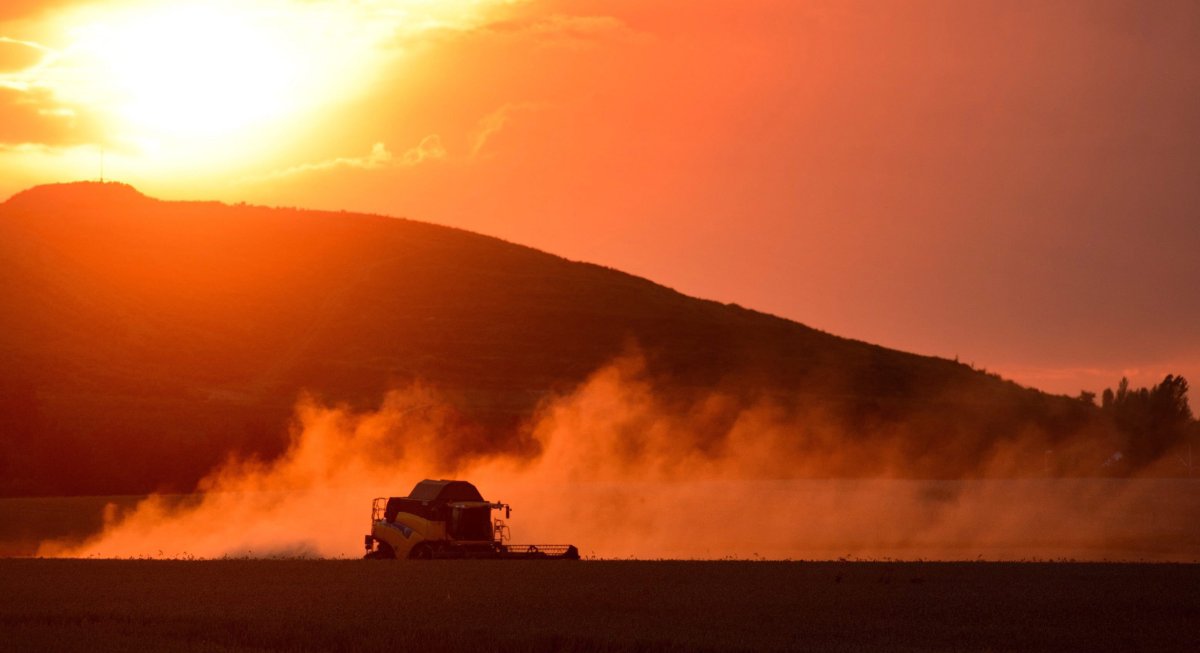One of Manitoba’s largest economic drivers is staying on track despite the COVID-19 outbreak, according to one expert.

The province exported over $6 billion in agricultural products in 2018, and ag reporter Harry Siemens is hopeful the ongoing coronavirus pandemic won’t put too much of a dent in that number in 2020.
The 2020 growing season is just a few weeks away, and Siemens tells 680 CJOB most producers in his area near Winkler are prepared with seed, fertilizer and everything else they need to get started.
“We’ve got about 5 or 6 weeks until they put a new crop in, and once that gets going, they’re going,” Siemens remarks.
“Then we’ve got until late summer and fall to think about how to market it.”
Siemens says farmers did have some qualms about prices, potential border closures and a lack of foreign workers, but the federal government has done well to calm those fears.
The Canada-U.S. border closed on Friday to all non-essential travel, but trade is still permitted.

“$2.7 billion of goods move across that border every day. Our farmers were really concerned about that closing, but they’re keeping it open. It’s almost business as usual,” Siemens remarks.
“Not only exports, but parts for tractors and vehicles need to be moving across the borders.”
Temporary foreign workers have been a big part of the agriculture industry in Western Canada, and that’s another concern Siemens says the feds have already addressed.
The agricultural industry isn’t without its concerns, though. Last year’s weather contributed to an estimated three to four million acres of crops in Western Canada being left in the fields, according to Siemens.
“That’s a double whammy. First, they have to get that off, then they have to get the soil in shape for planting, and then they can put the new crop in,” says Siemens, adding a farmer he spoke to finally got his crop off the field last week – 214 days later than usual.
As for the safety of the producers themselves during the ongoing pandemic, the nature of the business means they should be mostly out of harm’s way.
“They do a lot of social distancing when they get out in the field,” Siemens laughs.
Questions about COVID-19? Here are some things you need to know:
Symptoms can include fever, cough and difficulty breathing — very similar to a cold or flu. Some people can develop a more severe illness. People most at risk of this include older adults and people with severe chronic medical conditions like heart, lung or kidney disease. If you develop symptoms, contact public health authorities.
To prevent the virus from spreading, experts recommend frequent handwashing and coughing into your sleeve. And if you get sick, stay at home.









Comments